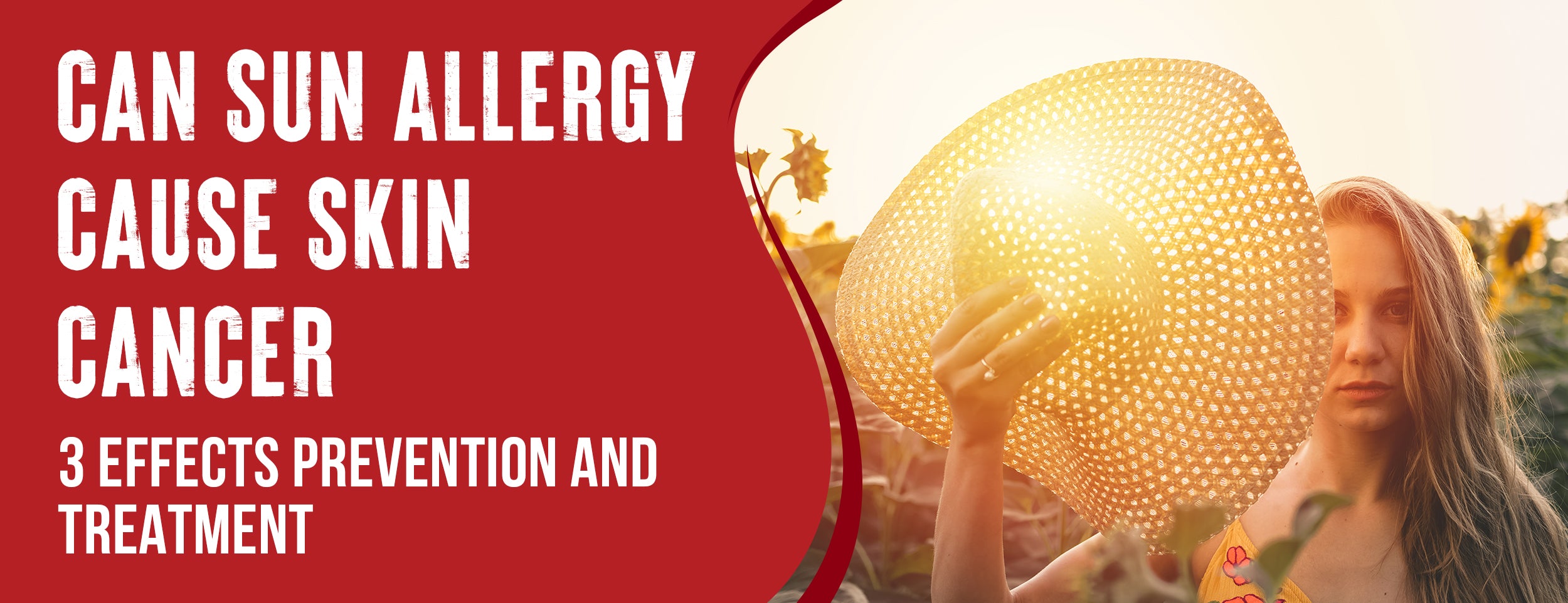Itchy skin is a bothersome sensation that triggers the urge to scratch. Several factors, such as dry skin, skin conditions, health issues, medications, external factors, and psychological stress, can cause it.
Saltwater can help alleviate skin symptoms like swelling, redness, dryness, itchiness, and cracking. It may also reduce allergic skin responses in allergic rhinitis or hay fever patients. Consider using deep seawater for relief.
This blog will explore the science behind its healing properties, how to whip up a saltwater solution at home, and how to use it effectively.
Salt Water for Itchy Skin: Preparation at Home
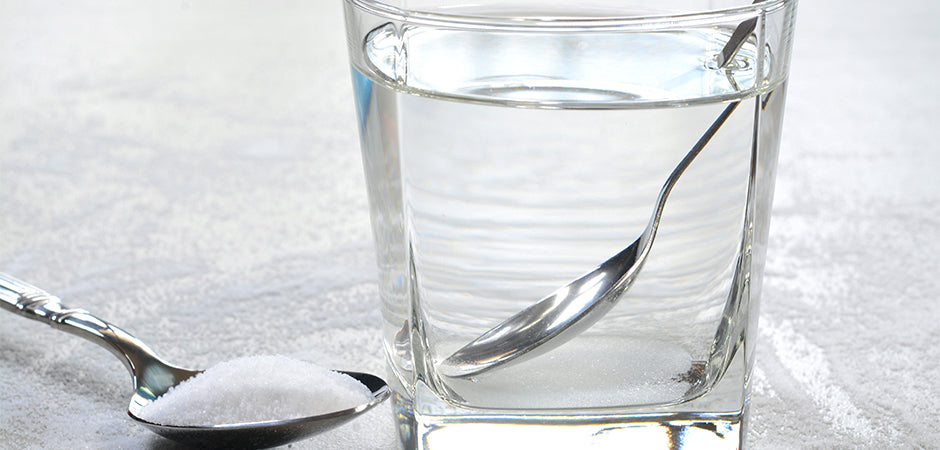
It's no secret that salt water has been used for centuries as a natural remedy for various skin conditions, including itchy skin. The minerals present in salt can help reduce inflammation and itching. We will guide you on preparing saltwater solutions at home and discuss some safety precautions.
Step-by-Step Guide
Ever wondered if you could bring the healing power of the ocean right to your home? Good news. You can, and it's easier than you think. Here's how to whip up your saltwater solution:
- Gather Your Supplies: You only need a cup of warm water and a half teaspoon of sea salt.
- Mix it Up: Pour the sea salt into the warm water.
- Stir Until Dissolved: Stir the mixture until the salt is fully dissolved in the water.
- Ready to Use: There you have it. Your homemade salt water solution is prepared to use.
Safety Precautions
While a saltwater solution can be an excellent natural remedy for itchy skin, there are a few safety tips you should keep in mind:
- Patch Test: First, test the product with a patch. Apply a small amount of the solution to a small area of your skin to avoid an adverse reaction.
- Avoid Open Wounds: Don't apply the salt water to open wounds or broken skin. It could sting and potentially cause more harm than good.
- Rinse Well: Rinse your skin well with fresh water after using the solution. Leaving salt on your skin for too long could dry it out.

Salt Water for Itchy Skin: Using Methods
Sometimes, the most straightforward solutions can be the most effective. That's certainly the case when using salt water for itchy skin. This age-old remedy can help alleviate uncomfortable itchiness and promote overall skin health. We will explore how to use salt water to soothe your itchy skin.
Detailed Instructions on Use Salt Water Solution for Itchy Skin
Itchy skin can be relieved by using salt water. Follow these steps carefully for maximum relief:
- Choose the Right Salt: Not all salts are created equal. It's best to select natural sea salt or Epsom salt for this treatment. These contain beneficial minerals that can help soothe your skin.
- Prepare the Salt Water Solution: Dissolve 1 cup of sea or Epsom salt in a bathtub filled with warm water. You can also use a bowl or basin to treat a smaller area.
- Soak Your Skin: Immerse the itchy area in the saltwater solution for about 20 minutes. Then, relax and soak your entire body in a bathtub.
- Rinse and Dry: After soaking, rinse your skin with fresh water. Then, use a clean towel to pat your skin dry gently.
- Moisturize: Apply a gentle, fragrance-free moisturizer to your skin. Locking in moisture will prevent dryness, which can exacerbate itching.
Tips for Maximum Effectiveness
To get the most from your saltwater treatment, keep these tips in mind:
- Consistency is Key: For the best results, try to do a salt water soak once daily, especially if your skin is itchy.
- Stay Hydrated: Your skin will become less itchy if you keep it hydrated.
- Avoid Scratching: It might be tempting to scratch itchy skin, but this can worsen things. Try to resist the urge and use the salt water treatment instead.
Itchy Skin and Salt Water: Science Behind It
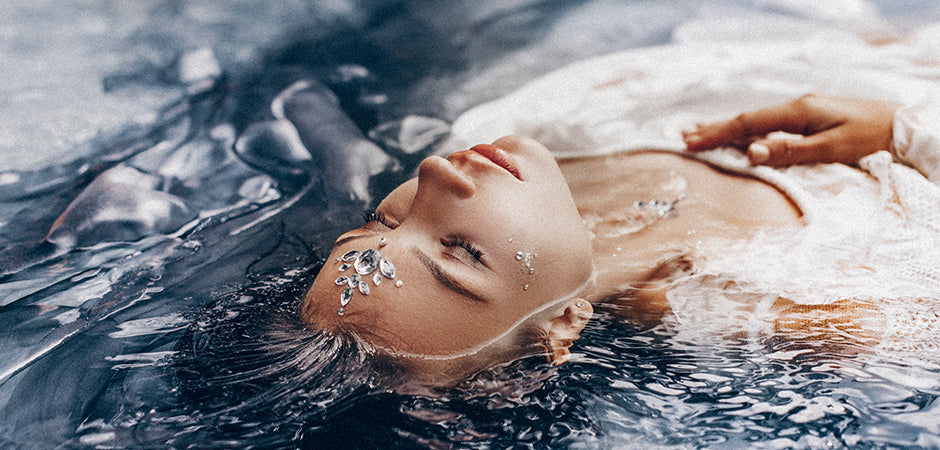
Uncover how saltwater's healing properties can alleviate itchiness and promote skin health. From its natural antiseptic qualities to hydration-boosting benefits, saltwater offers a refreshing solution for irritated skin.
The Healing Properties of Saltwater
Saltwater is not just for swimming or beach fun. It also carries impressive healing properties that are beneficial for our skin.
- Natural Antiseptic: Saltwater is a natural antiseptic. This means it can kill harmful germs and bacteria on your skin, reducing the chance of infection and promoting faster healing.
- Hydration Booster: Despite its reputation for drying things out, saltwater can help hydrate your skin. It does this by attracting moisture from the environment to your skin.
- Natural Exfoliator: Salt water acts as a natural exfoliator, removing dead skin cells and promoting the growth of new ones. This results in smoother, healthier-looking skin.
- Mineral Rich: Sea salt is packed with minerals like magnesium, calcium, and potassium, essential for skin health. These minerals help to nourish and hydrate the skin, leaving it feeling soft and supple.
- Natural Antiseptic: Salt water has antiseptic properties that can help treat wounds and minor cuts. It can also help to reduce inflammation and soothe irritated skin.
How Salt Water Can Alleviate Itchiness
Saltwater might be a surprisingly effective ally when you're battling itchy skin. Here's how:
- Soothing Sensation: Saltwater can provide a relaxing sensation to irritated skin. This can help reduce the itchy feeling and bring you some much-needed relief.
- Reduction of Inflammation: Saltwater can also help reduce inflammation, a common cause of itchiness. Saltwater can alleviate symptoms associated with itchy skin by bringing down swelling and redness.
- Promotion of Healing: Saltwater promotes healing by acting as a natural antiseptic. This can help prevent further irritation and itchiness caused by infections or open sores.

Itchy Skin with Salt Water: Other Benefits
Saltwater has been touted as a natural skin remedy for centuries. But what exactly are these benefits, and how does salt water contribute to overall skin health? Let's dive in.
Treating Skin Conditions with Salt Water
Saltwater isn't just great for maintaining healthy skin; it can also be used to treat various skin conditions. Here are a few examples:
- Eczema: Studies have shown that salt water baths relieve the symptoms of eczema, reducing itchiness and inflammation.
- Psoriasis: The saltwater minerals can help reduce the scaling and redness associated with psoriasis.
- Acne: Salt water's exfoliating and antibacterial properties can help clear acne breakouts.
Salt Water and Overall Skin Health
In addition to treating specific skin conditions, regular exposure to salt water can contribute to overall skin health in several ways:
- Hydration: The minerals in sea salt help seal in moisture, keeping your skin healthy.
- Improved Circulation: Bathing in salt water can help to improve blood circulation, resulting in a natural glow.
- Stress Relief: The relaxing properties of salt water minimize the effects of stress, leading to healthier skin.
Itchy Skin with Salt Water: Precautions and Possible Side Effects
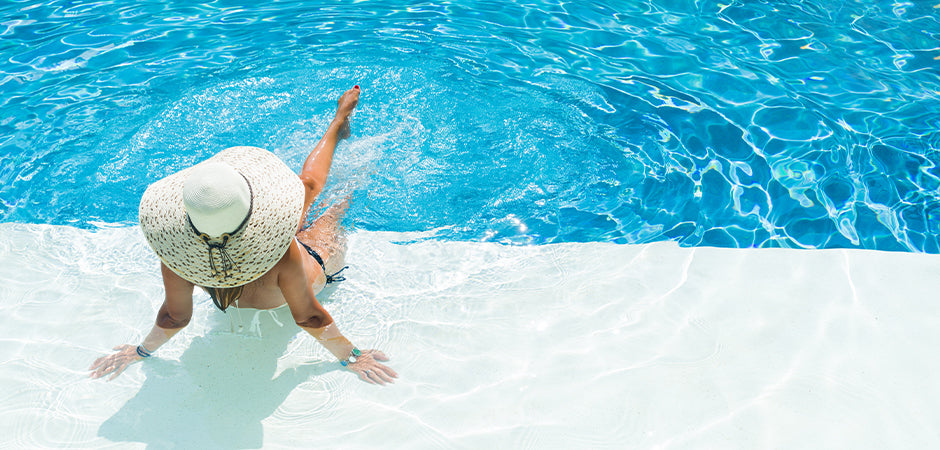
Before diving into the sea of saltwater treatments for itchy skin, it's essential to be aware of the precautions and possible side effects. You can make an informed decision about any treatment by understanding these aspects.
Skin Side Effects of Salt Water
While salt water can be an effective remedy for itchy skin, it's not without potential side effects. Here are a few things to keep in mind:
- Dryness: Salt has natural drying properties. This can benefit oily skin types, but salt water may exacerbate the dryness if your skin is already dry or sensitive.
- Irritation: Overusing salt water treatments can lead to skin irritation, especially for sensitive skin. It's essential to monitor your skin's reaction and adjust the frequency of use accordingly.
- Stinging Sensation: Applying saltwater to a wound or broken skin may cause a stinging sensation.

Who Should Avoid Using Salt Water Treatments
Skin reacts differently to salt water treatments. Certain individuals should use caution or avoid these treatments altogether:
- People with Dry or Sensitive Skin: As mentioned earlier, salt's drying effect can aggravate dry or sensitive skin. If this describes your skin type, you might opt for gentler, hydrating treatments.
- Individuals with Certain Skin Conditions: People with certain skin conditions, such as psoriasis or eczema, should seek medical advice before using salt water.
- People with Open Wounds or Broken Skin: The stinging sensation caused by salt water can be particularly uncomfortable for those dealing with open wounds.
Conclusion
So there you have it, folks! Who knew something as simple as salt water could be a game-changer for our skin? Saltwater is a hidden gem in our kitchens, alleviating itchiness and treating other skin conditions.
Of course, it's crucial to remember that skin is unique, so what works for one might not work for another. But given the minimal risks and potential rewards, you should try it. Next time your skin feels on fire, you know what to do: try salt water.



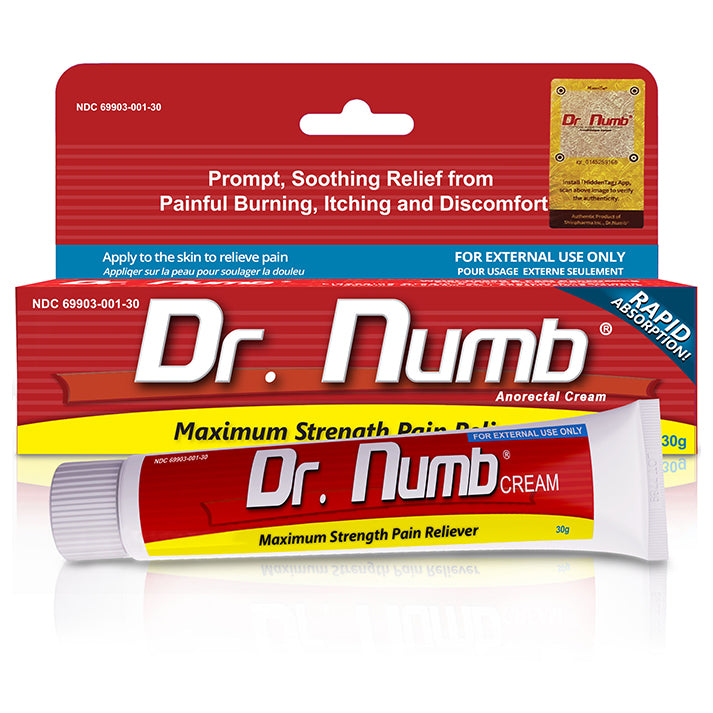
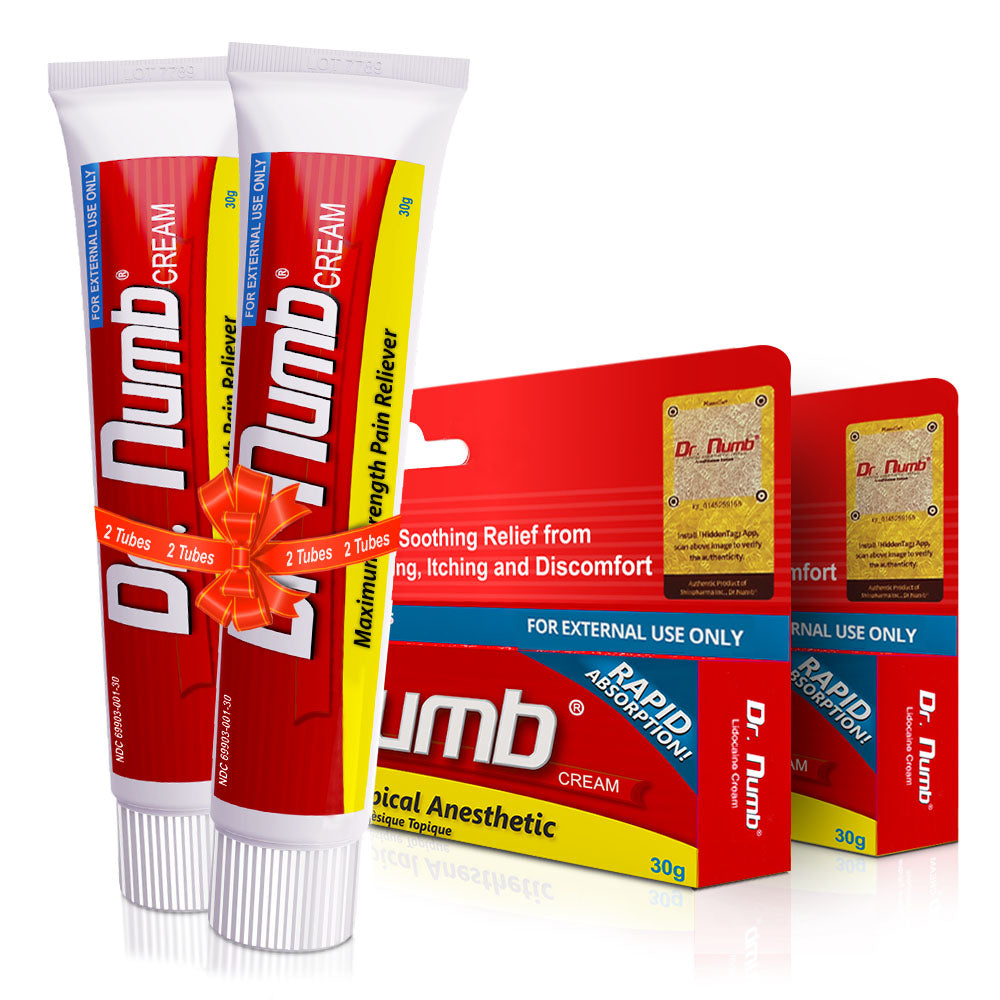
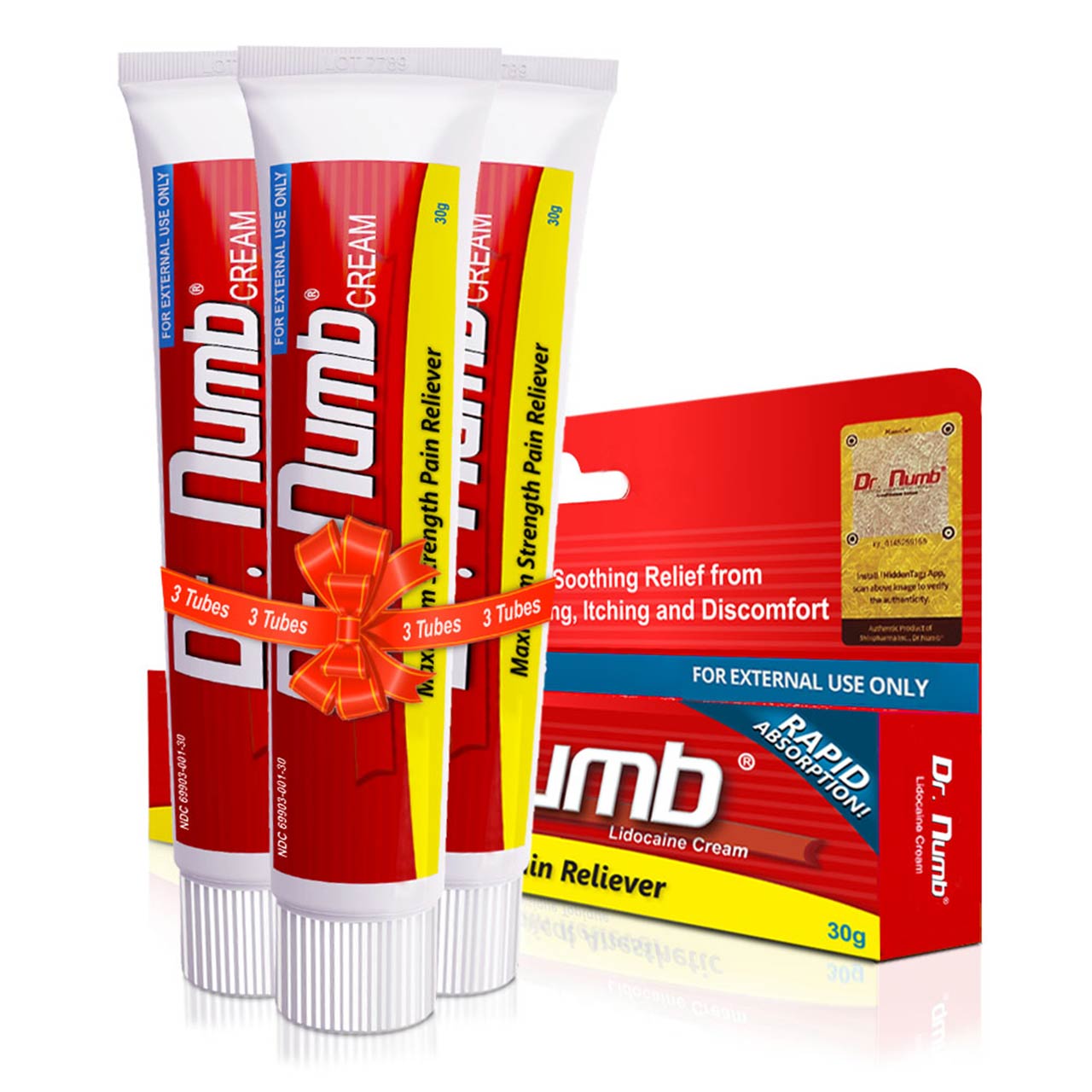
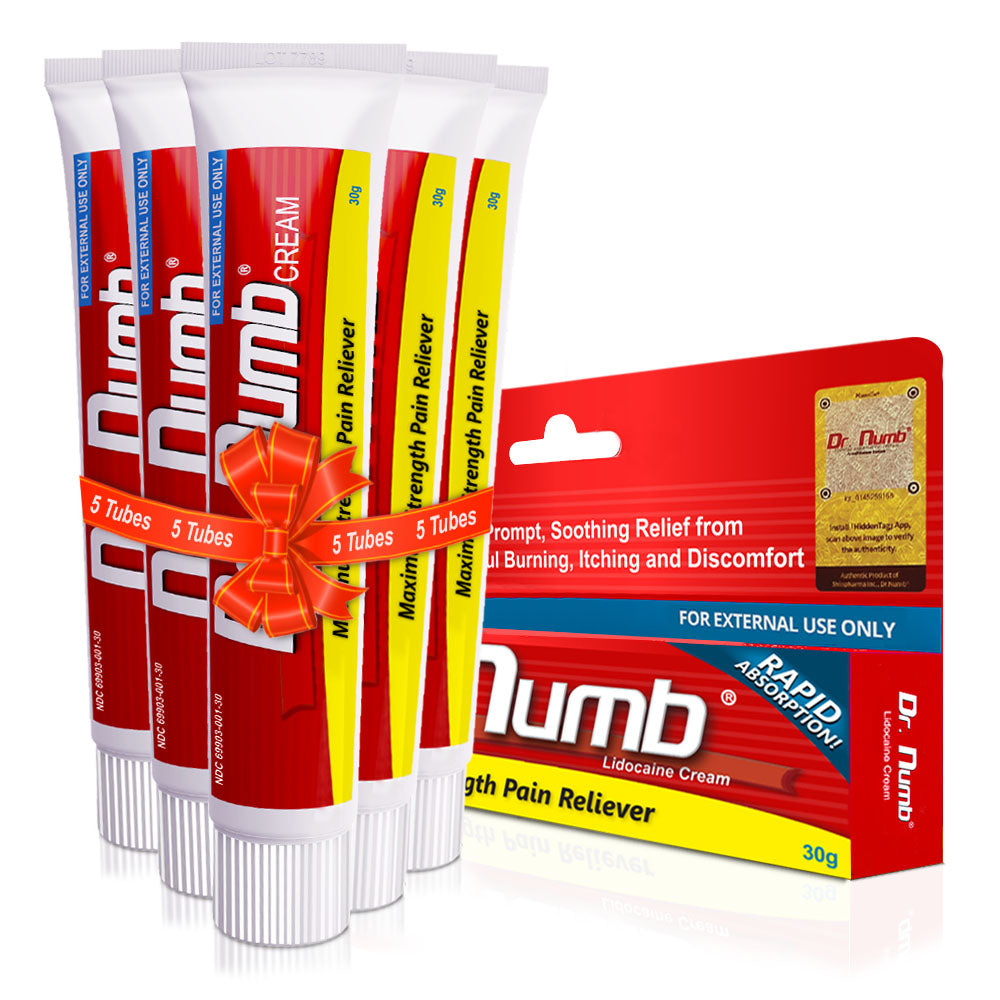
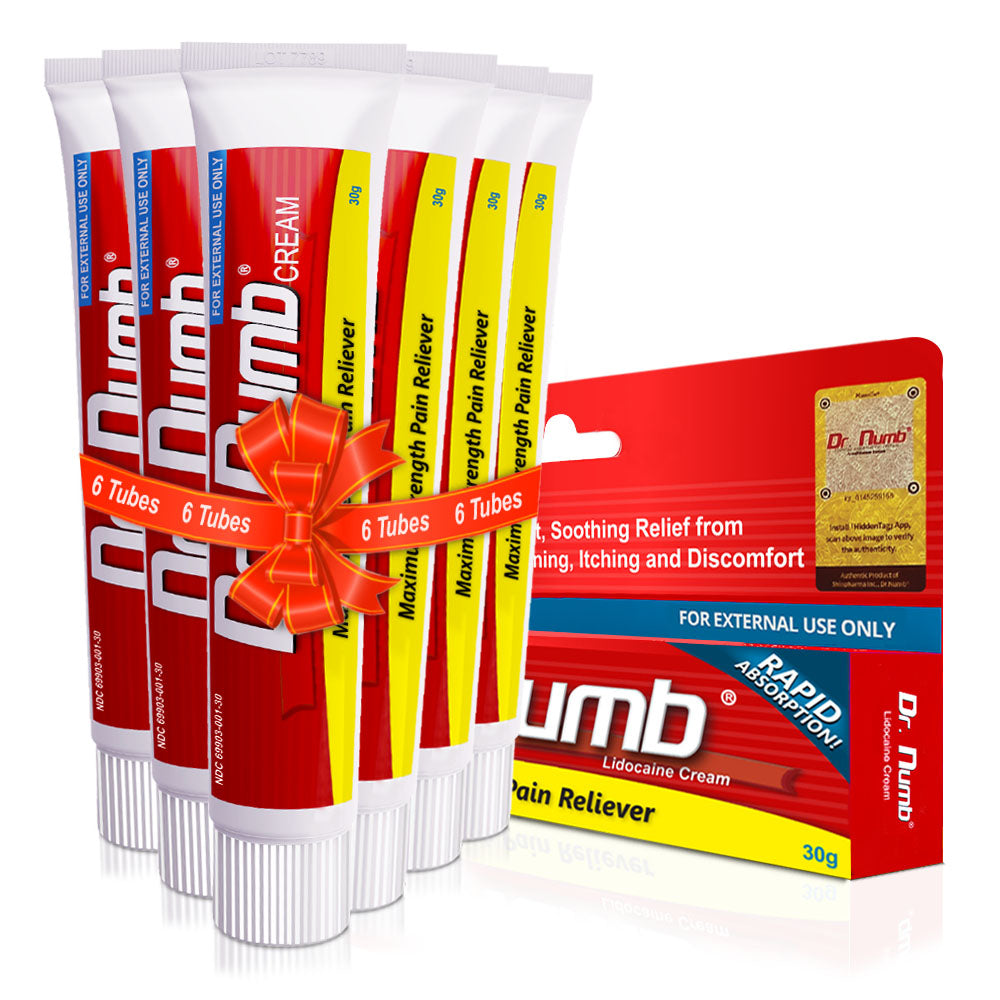

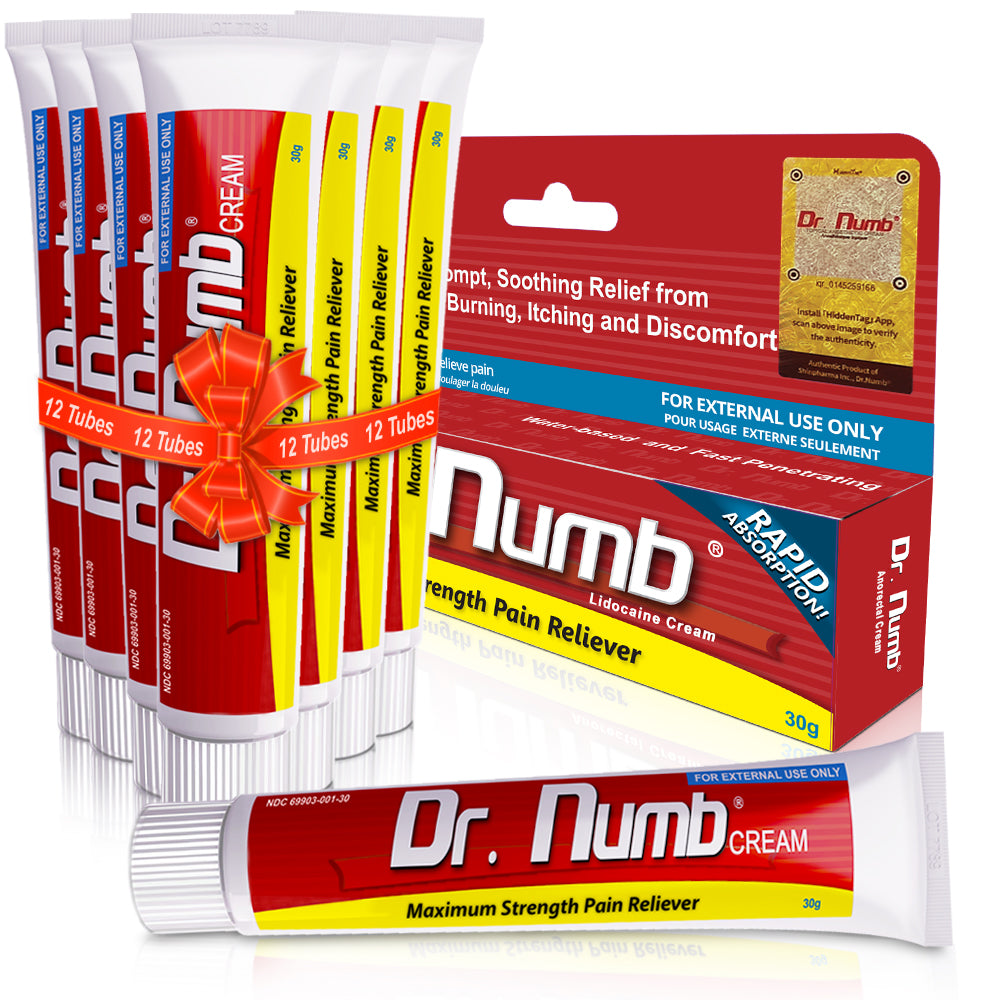





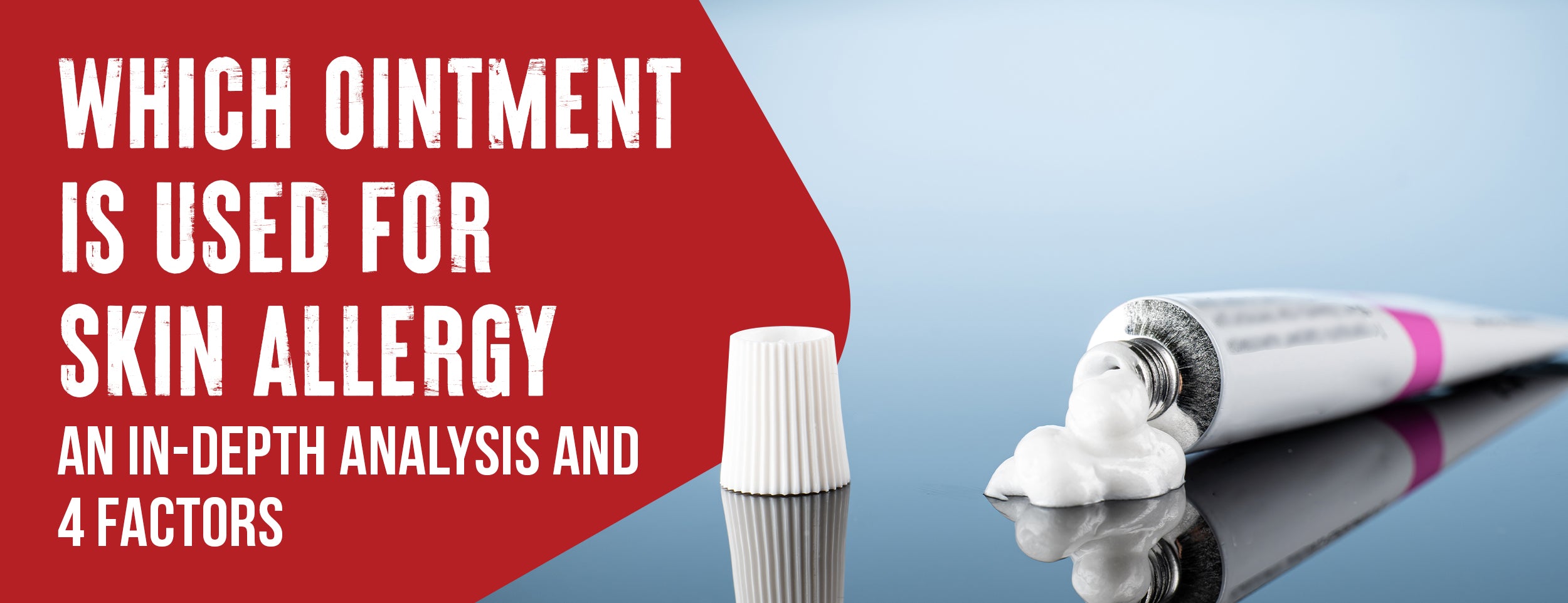
![The Most Common Food Allergies That Cause Itchy Skin [6 Common Symptoms]](http://drnumb.com/cdn/shop/articles/Can_Food_Allergies_Cause_Itchy_Skin__17_Listed_6_Symptoms_Common.jpg?v=1714999986)
